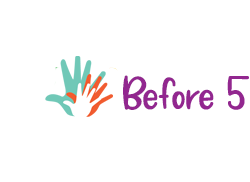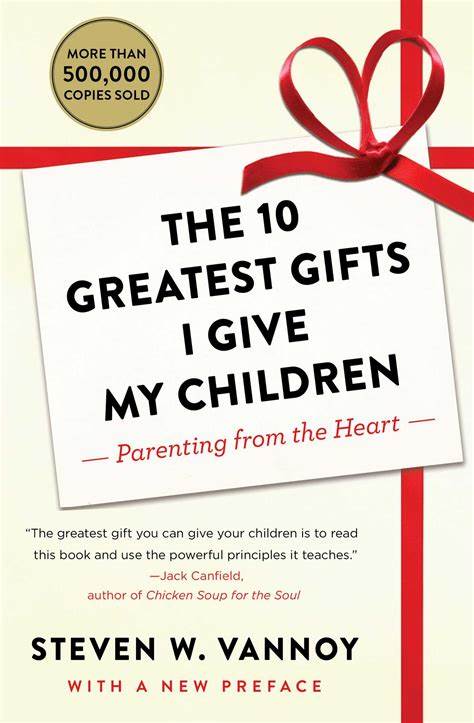What does abundance mean to you? According to the Merriam-Webster Dictionary, the definition of abundance is having an ample quantity of something.
Let’s open our thinking to all areas of our life in regard to what we have an “ample quantity of.” Are our food and shelter needs being met and maybe, then, some? Do loving people in our life surround us? Are we experiencing joy and contentment? Do we desire to understand better what inspires and fulfills us or do we already know?
What do you have an abundance of?
Steven Vannoy, the author of “The 10 Greatest Gifts I Gave My Children,” begins this chapter on the Gift of Abundance with three quotes from children about what abundance means to them. Here’s how these three children defined abundance in their life.
“Abundance is an extra bowl of ice cream and getting to stay up late and laughing a lot.”
Allison Vannoy, Age 7
“Abundance means I have as many books as I want to read and lots of warm clothes for the wintertime. And it means there’s always lots of love.”
Emily Vannoy, Age 10
“Abundance means we have everything we need even though we don’t have everything we want yet. It makes me feel safe.”
Brian Cohen, Age 14
The above quotes tell us the developmental stage each child has reached. With the progression of age,
we can easily see how abundance is defined and impacted by the child’s emotional and cognitive level of
development. In younger children, instant gratification is often weighed heavily. As children mature,
they deepen their cognition reasoning and often can look past short-term wants and seek meaning in
the things that bring them ongoing joy, pleasure, and enjoyment. As development leans into the
teenage years, most children have a better understanding that life is more complicated and not as
simple as “just swiping our card or going to the ATM machine to get money” to pay for things.
As parents, when we understand how developmental stages impact our children’s view of themselves
and their world, we are better positioned to guide and nurture children in more effective and
meaningful ways that are age and developmentally appropriate.
What non-material abundant gifts do you desire to give to your children? Love, time, patience,
attentiveness, thankfulness of their presence, etc.? How do we “gift” intangible gifts that impact our
children’s emotional well-being and development?
Intangible/emotional gifts are sincere, authentic words, smiles, and hugs that communicate and express
how we feel about our children. Children can never have an overabundance of love, words of
appreciation for how important they are to us, and that they are “enough” just as they are, expressions
of unconditional love, and verbalization of the joy they bring us, just in their being. Children need and
want these gifts from us. When children’s needs are better met, healthy development follows.
So…. go ahead and don’t hold back with those intangible/ emotional gifts to your children that give
them give them abundance in the things that provide sturdy foundations for healthy development. By
giving your children abundant gifts that matter, you’re helping them prepare to grow into independent,
confident, self-aware, and community-minded adults. And as a bonus (like Allison’s extra bowl of ice
cream), you will smile and smile big when you see your children share these beautiful gifts with others.
Until next time, friends!



